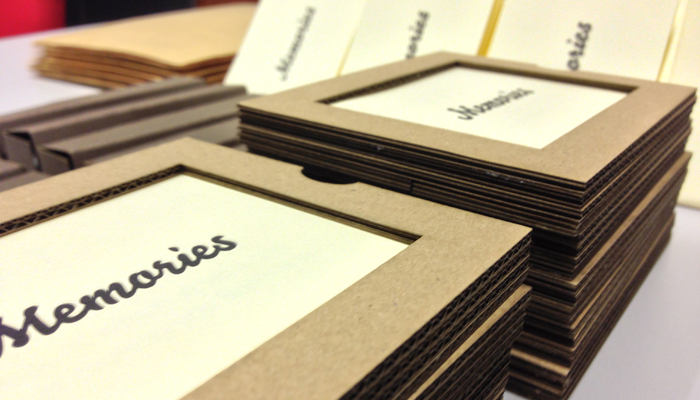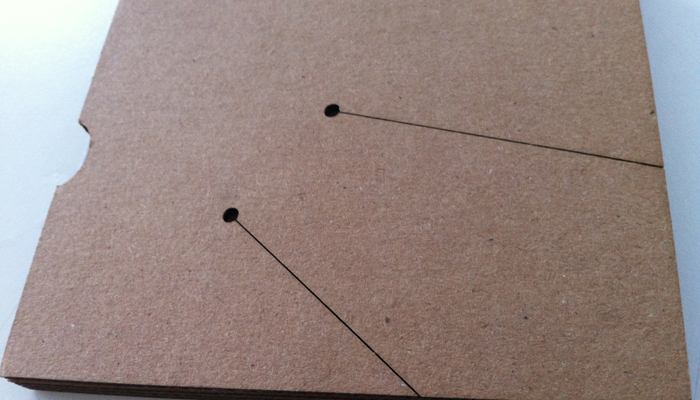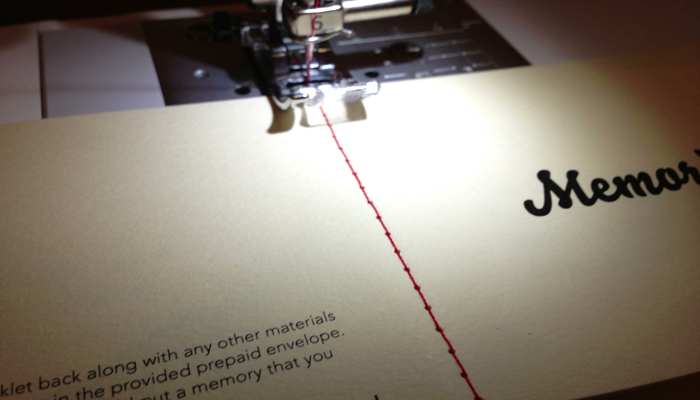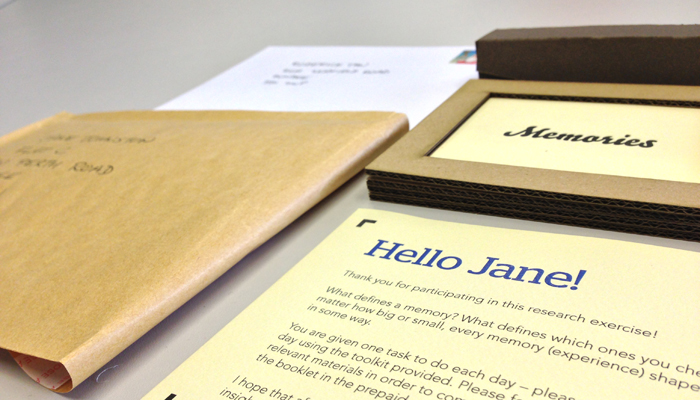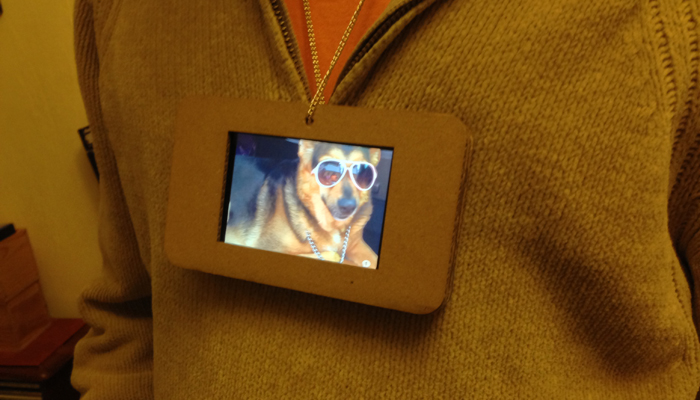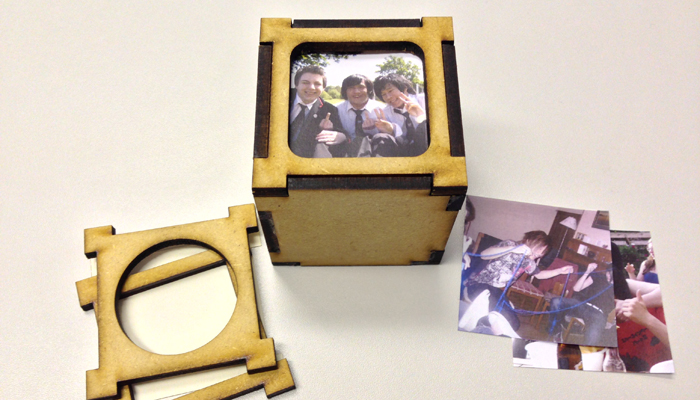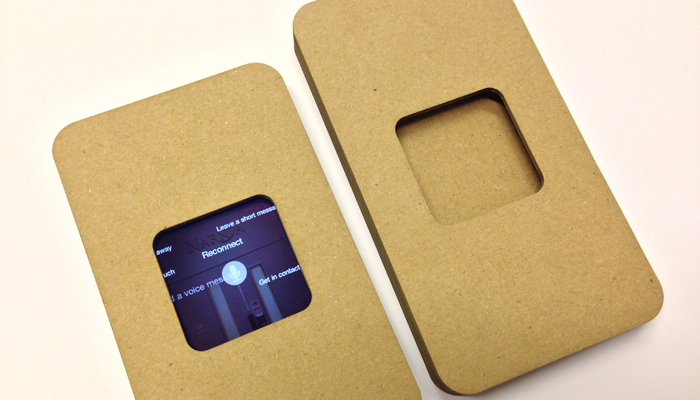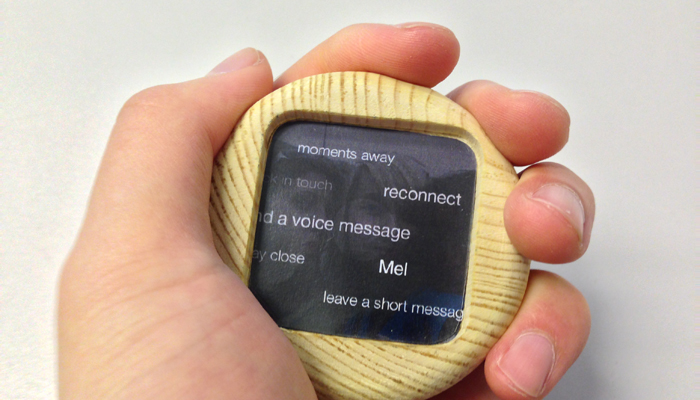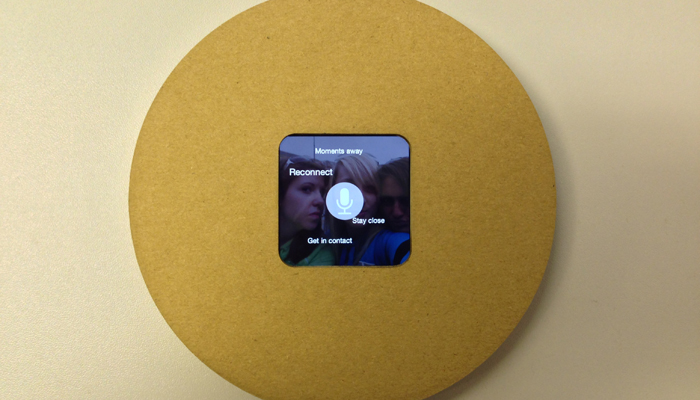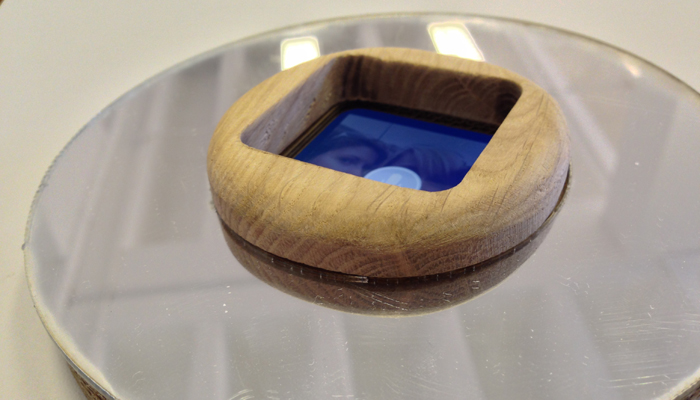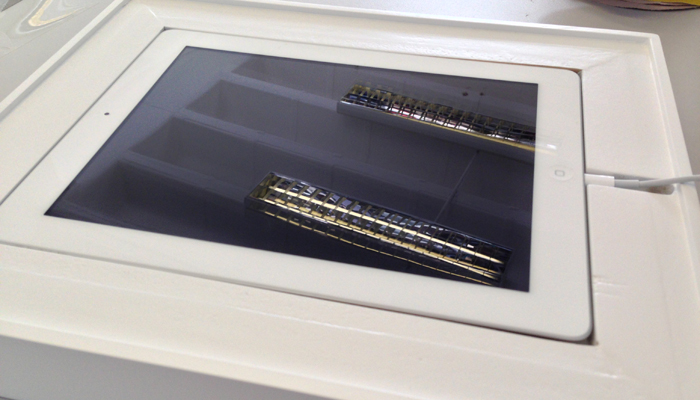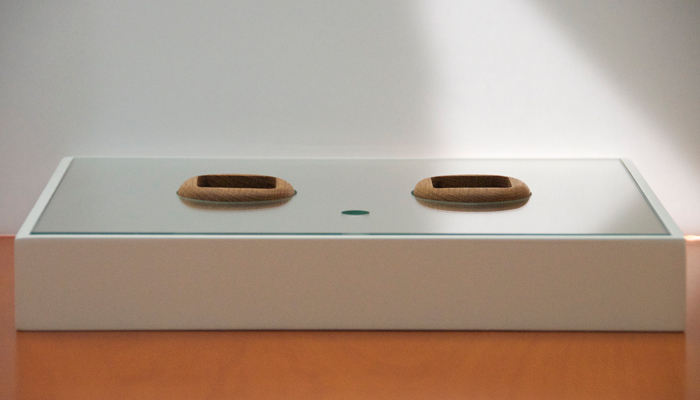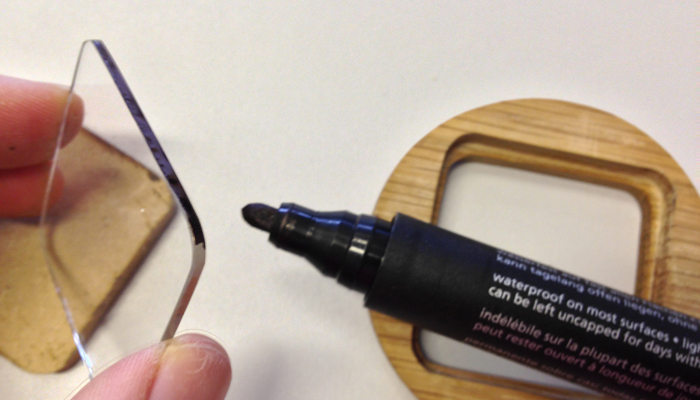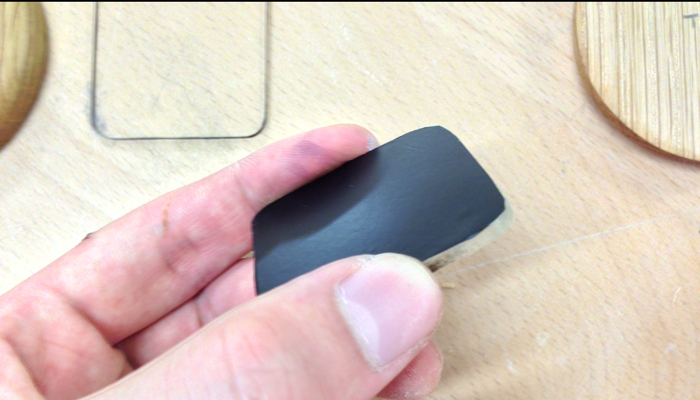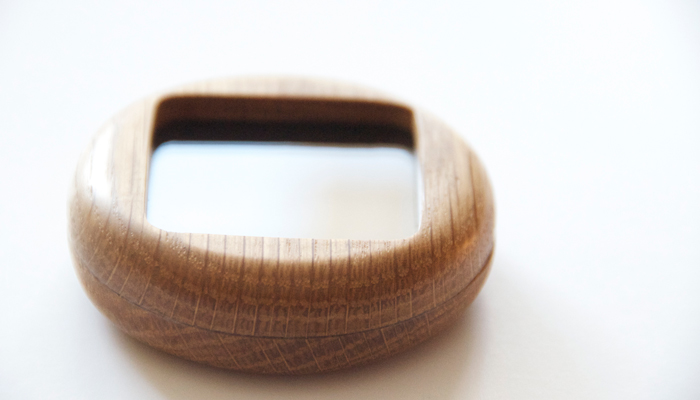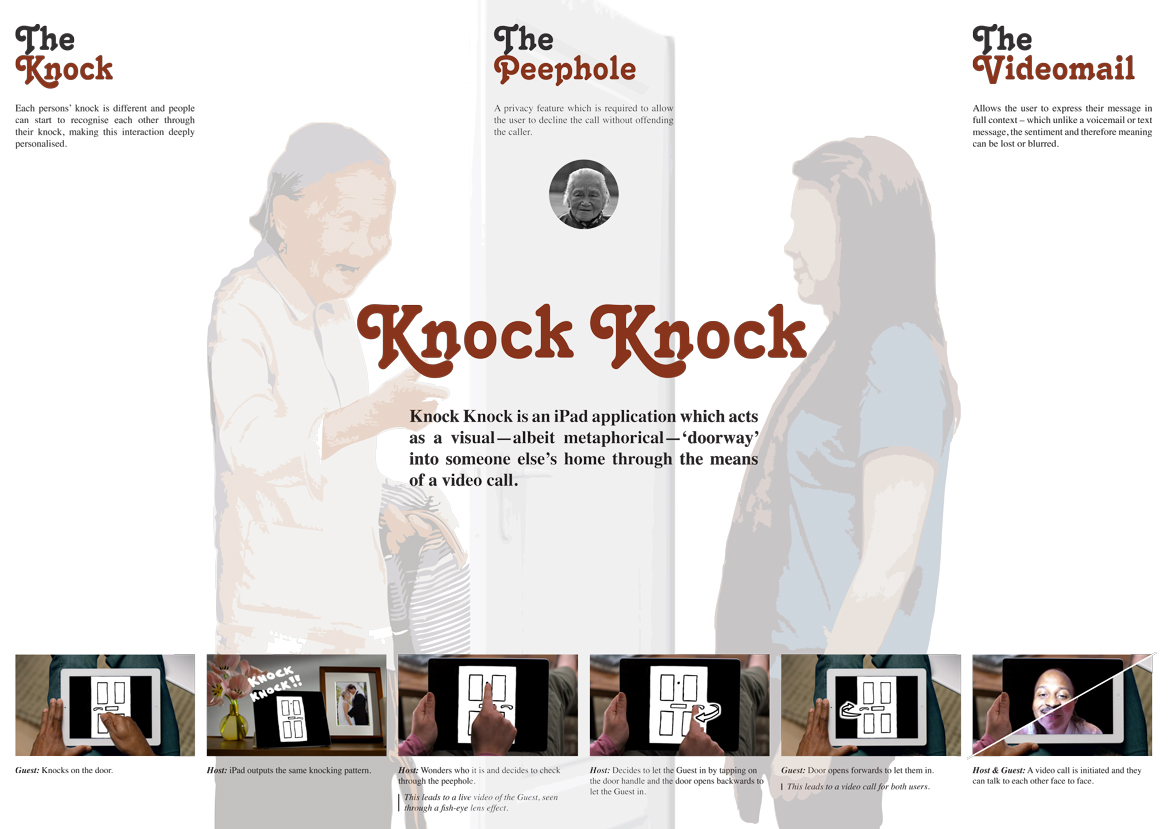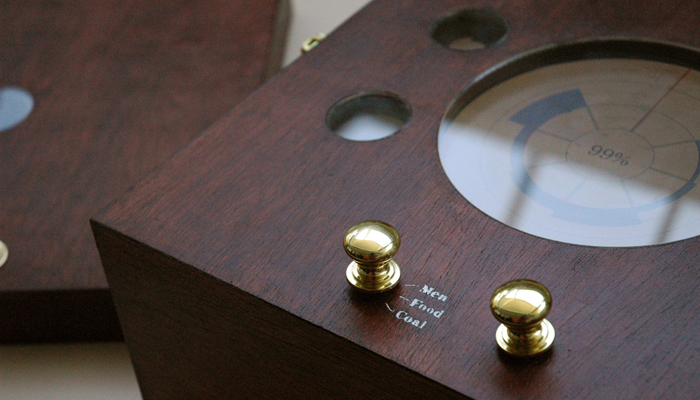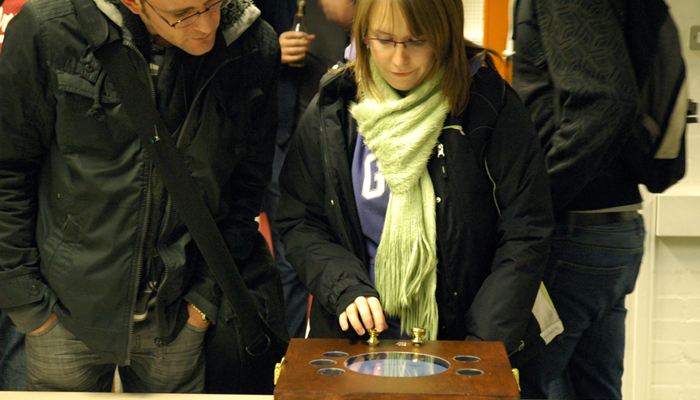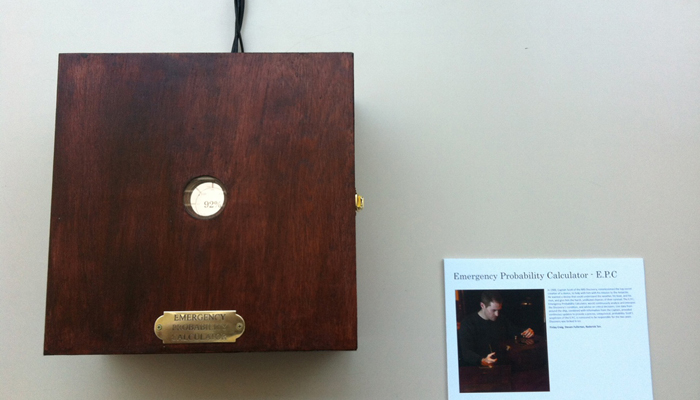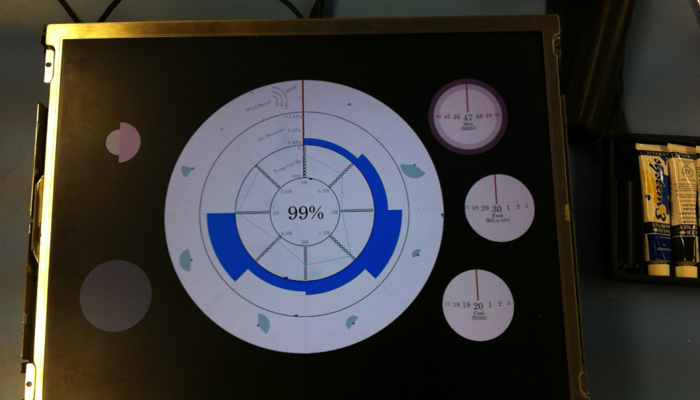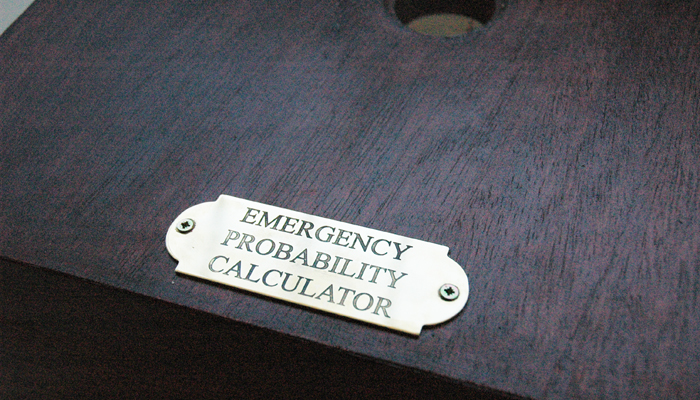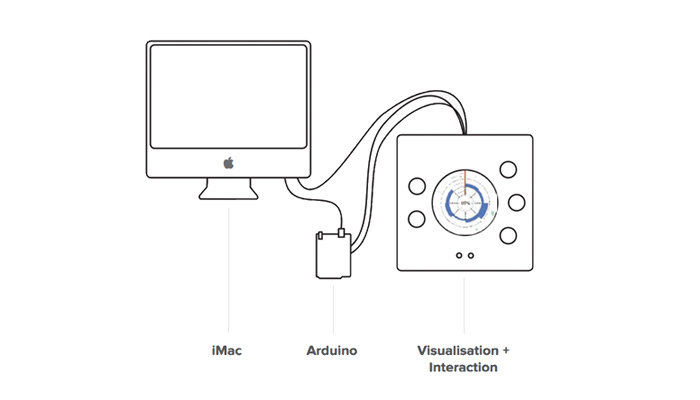You meet people who forget you. You forget people you meet.
But sometimes you meet those people you can't forget. Those are your friends.
Social networks were built upon the notion of staying in touch with groups of people. The internet has made it effortless to connect with others – as such, social networks have redefined the meaning of friends. This has invariably changed the way our society values the time spent with other people. Furthermore, throughout life we sometimes drift apart from those we care about. Pensive is a speculative project with a new take on social networking, involving closer groups of people you hold dear. It aims to inspire and encourage people to stay in touch with the ones they truly care about.
This blog documents down the whole design process from conception and research through to development.
Cultural Probes
Each and every detail of the probes added to the experience of them being employed to inspire participants. A truly give and take situation; participants are not tools you use and throw away.
Prototyping Methods
Experience prototypes, feels-like prototypes, looks-like prototypes, works-like prototypes... Whether it was one or a combination of prototyping methods, they were all constantly used in conjunction to provide thorough research, feedback, analysis and design iterations.
